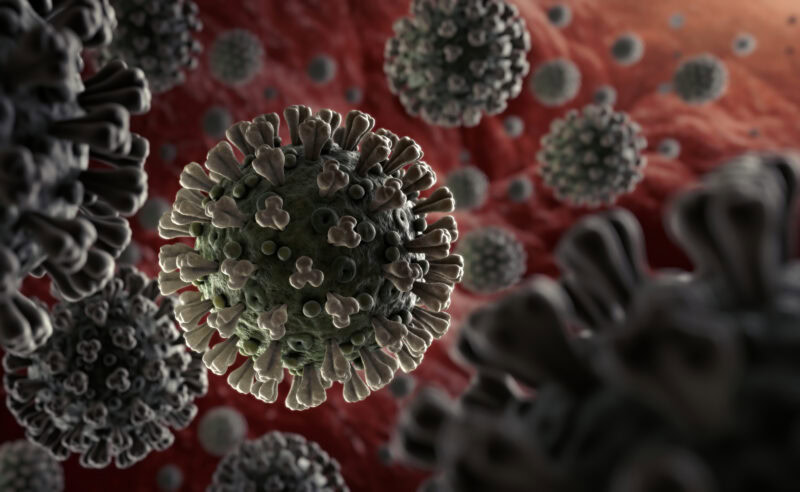At CTEH, health and safety are our top priorities. That’s why we’re sharing the following measures to help protect our partners during this challenging time.
How to Protect Yourself
COVID-19 can impact individuals of all ages. According to the Centers for Disease Control and Prevention (CDC), however, it is primarily a health concern for older adults and people with severe, underlying chronic health conditions like heart and lung disease or diabetes. Even if you don’t fit into one of these categories, you can help prevent the spread of the disease by following some simple steps.
The virus currently has no vaccine and is thought to spread mainly from person-to-person, especially between people in close contact, within about 6 feet, through respiratory droplets from coughing and sneezing.
The CDC recommends washing your hands often, particularly after being in public places, and avoiding touching your eyes, nose, or mouth. CDC best practices for hand-washing involve scrubbing your hands with soap and water for at least 20 seconds. If soap and water are not available, the CDC suggests using hand sanitizer, but only a type containing at least 60 percent alcohol.
The CDC also recommends avoiding close contact with others, especially those who are already sick. This means keeping a distance of at least six feet and canceling unnecessary outings and social gatherings.
How to Protect Others
The CDC suggests staying home if you’re sick to prevent the spread of the illness to others and leave more space at healthcare facilities for those with severe symptoms. If you have respiratory symptoms, cover your mouth and nose when you cough or sneeze, throw your tissues in the trash, and wash your hands afterward.
You can also wear a facemask to help prevent respiratory spread. However, the CDC recommends only doing this only if you’re sick, as facemasks are currently in short supply.
Finally, if you have access to cleaning supplies, be sure to clean and disinfect high-touch surfaces on a daily basis.
What If You Think You’re Infected?
Since the virus is transmitted by close contact, the CDC suggests above all to keep up the preventative measures. It also suggests calling your doctor before paying them a visit since you may be asked to stay home if your symptoms are minor.
The CDC’s guidelines show COVID-19 often causes upper respiratory problems such as coughing, fever, and difficulty breathing. If you are tested for the virus, and you test positive, be sure your doctor alerts the local health department so the outbreak can be accurately monitored. If you are positive, the CDC recommends remaining at home or in isolation for as long as your healthcare provider instructs.
Keep a Good Attitude
We’re all in this together—even while we’re apart. Schools, businesses, and government agencies are all making tough calls and sacrifices to help eliminate COVID-19. You can make a difference through your actions.
Have more questions about COVID-19? Visit the CDC’s coronavirus guide here. Want to learn about how CTEH can help? Get in touch with us here.
Any scientific or medical information included in this article is current as of the date of publication; however, public health knowledge of COVID-19 is rapidly developing. Readers are advised to monitor national, state and local public health agencies for current recommendations regarding any infectious disease.




